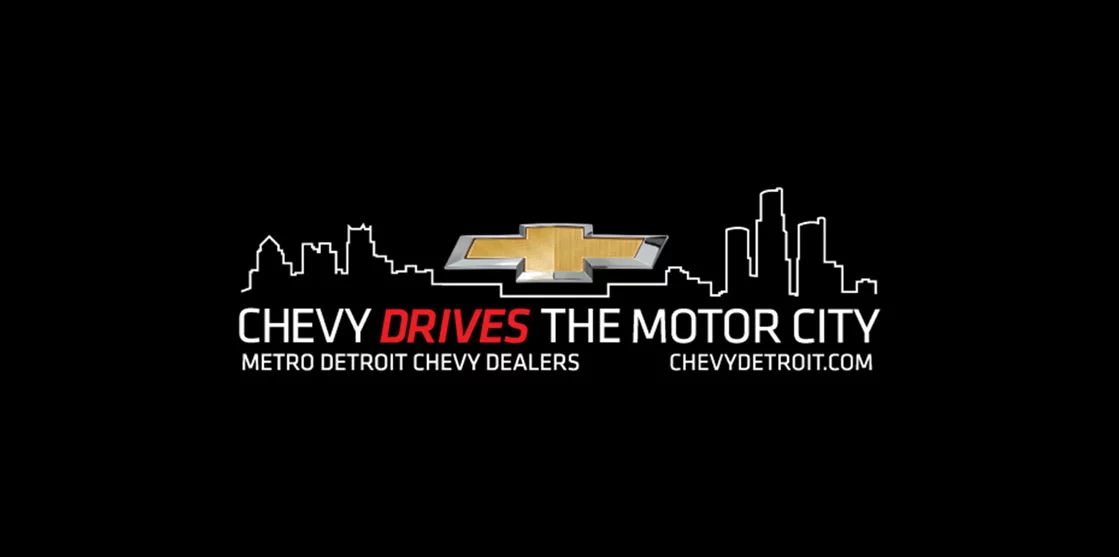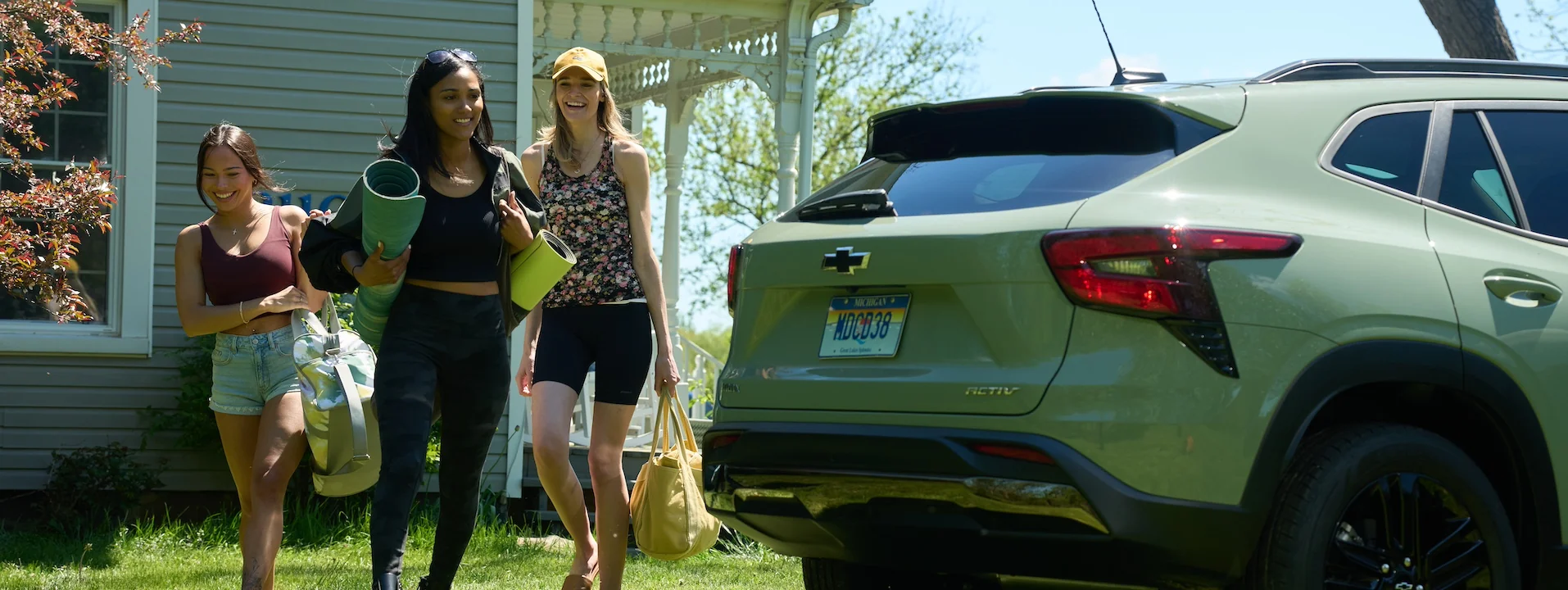Every journey is more fun when you're together. Grab your friends and hit the road in style in the Chevy Trax.

When you hear the word “farm,” perhaps visions of Old MacDonald, vast greenery and a few barn animals come to mind. So, what exactly is urban farming?
In layman’s terms, urban agriculture consists of food that is grown and distributed in the same area. Urban farming is huge in Detroit, and it has great economic and health benefits.
The Greening of Detroit is one organization at the forefront of the local urban agricultural movement. The group is committed to providing the citizens of Detroit with a healthy, renewable environment. The main goal of the organization is to inspire sustainable growth of communities through food, environmental education, landscaping and job training.
“Many urban farms (and) gardens are not solely focused on food production. Rather, they are typically incorporating educational and outreach components in an attempt to be of greater service to their surrounding neighborhood,” Tepfirah Rushdan, Urban Garden Development and Support at The Greening of Detroit, said.
Urban agriculture helps create a healthier lifestyle and makes us far less dependent on non-renewable sources of energy. According to Rushdan, everyone benefits from a localized food system.
“We must stay connected to the land,” Rushdan said. “Urban agriculture is a way to instill appreciation for the land and environment. In Detroit, we have an excellent opportunity to utilize vacant land for food production, adding property value to neighborhoods and addressing blight.”
In an area where fresh produce is somewhat limited due to several factors, including economic disadvantages, over marketing of fast food and limited or poor transportation access (all reasons cited by Rushdan), urban agriculture is booming in Detroit, and at just the right time.
The Michigan Urban Farming Initiative (MUFI) is a non-profit organization that promotes sustainable ways of living and education through urban farming.
Darin McLeskey, Vice President of The Michigan Urban Farming Initiative, hopes MUFI draws in those interested in taking urban farming practices back to their own community. He says access to fresh produce is an issue in Detroit proper, and one he hopes to help solve.
“Local farmers markets and community gardens have the opportunity to compensate for the lack of fresh food, and are in relatively high demand due to the lack of typical food retailers,” McLeskey said.
Not only is urban agriculture a necessity from a food standpoint, it also creates revenue that can employ people. He noted numerous jobs necessary to support a food economy, including real estate (land acquisition) and food distribution (delivery truck driver) positions.
“Economically, urban agriculture creates a stronger local food system in which dollars are (put into the local economy) instead of exported. The closer proximity of food means that it is fresher and often more nutrient rich than processed counterparts,” McLeskey said.
Other local organizations with urban agriculture programs include Keep Growing Detroit and Earthworks Urban Farm.
Even if you don’t have a green thumb, you can still do your part in the urban farming movement. Support the economy and local farmers by purchasing products grown in Metro Detroit. Eating green means you’ll improve your health, too, which is an added bonus. Check out a farmers market (or two) this weekend for some freshly grown produce and start reaping the benefits!

